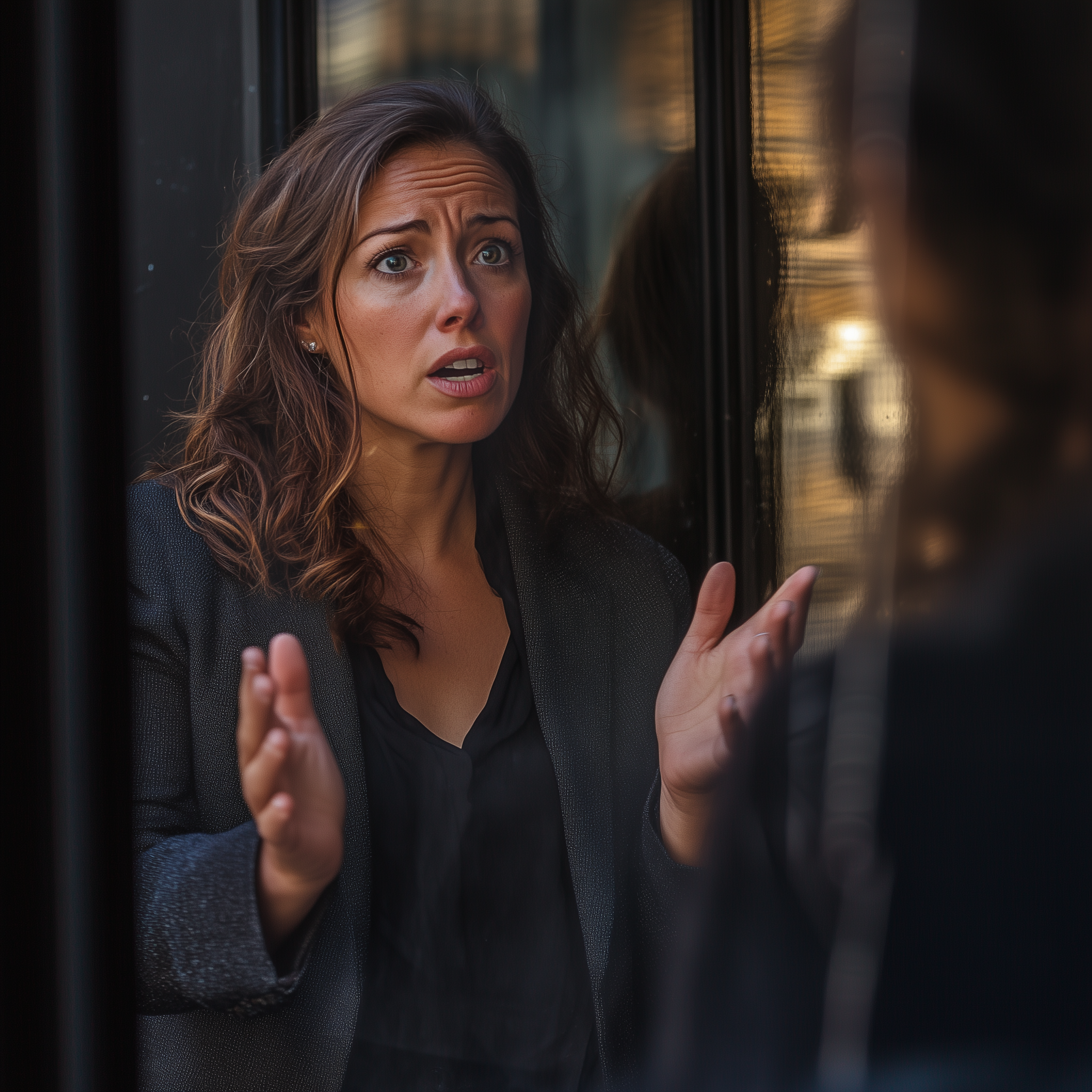Self-Defense for Travelers
Staying safe while away from home, domestically and internationally
Protecting Yourself While Exploring the World
By Tim Mousel
Traveling can be one of life's greatest joys, but it also places you in unfamiliar environments where your normal safety routines may be disrupted. This guide will help you stay safe and confident whether you're traveling for business, pleasure, or adventure.
The Traveler's Mindset
The most effective self-defense while traveling begins with awareness and preparation. Being alert without being fearful allows you to enjoy your trip while remaining vigilant about potential risks.
Before You Leave: Preparation Is Key
Research Your Destination
-
Check government travel advisories
The U.S. State Department and similar agencies provide safety ratings for countries and specific regions.
-
Learn about local scams
Each destination has common tourist scams. Knowing them in advance helps you avoid them.
-
Identify safe and unsafe areas
Use travel forums and guidebooks to learn which neighborhoods to avoid, especially after dark.
Share Your Itinerary
-
Leave a detailed itinerary with someone trusted
Include hotel names, addresses, phone numbers, and flight details.
-
Establish check-in protocols
Agree on regular check-in times with friends or family and what to do if you miss one.
-
Register with your embassy
For international travel, register your trip with your country's embassy or consulate.
Document Preparation
-
Make copies of important documents
Keep digital and physical copies of your passport, ID, and itinerary separate from originals.
-
Carry emergency contact cards
Include local emergency numbers, embassy contacts, and a trusted person back home.
-
Learn key phrases in the local language
Knowing how to say "help," "police," and "I need a doctor" can be crucial.
Accommodation Safety
Hotel Security Practices
Don't:
- Open your door without verifying who's there
- Announce your room number loudly
- Leave valuables visible in your room
Do:
- Request rooms between 3rd-6th floors
- Use all additional locks and security devices
- Know multiple exit routes from your room
Room Selection Tips:
Choose rooms away from stairwells and elevators, which have higher foot traffic. The 3rd-6th floors are ideal because they're high enough to deter intruders from outside but low enough for fire ladders to reach in emergencies.
Vacation Rentals and Airbnbs
-
Check reviews thoroughly
Look for reviews from other solo female travelers and pay attention to safety comments.
-
Verify security features
Ask about deadbolts, security systems, and who has access to the property.
-
Create temporary security measures
Travel door stops, portable alarms, and doorknob alerts can add security to rental properties.
Transportation Safety
Rideshares and Taxis
-
Verify your driver and vehicle
Confirm the license plate, driver name, and car model before entering any rideshare.
-
Share your ride details
Use the "share trip" feature in rideshare apps to let a trusted contact monitor your journey.
-
Sit in the back seat
The back seat gives you more distance from the driver and multiple exit options.
Public Transportation
-
Stay alert in transit hubs
Airports, train and bus stations are common places for theft and scams.
-
Choose your seat strategically
Sit near the driver or conductor and avoid empty cars on subway/metro systems.
-
Keep belongings secure
Use anti-theft bags, keep valuables in front pockets, and maintain physical contact with your luggage.
Cultural Adaptation
Respecting Local Customs
Understanding and respecting local customs isn't just about being polite—it's a safety issue. Standing out as an obvious tourist can make you a target.
-
Research appropriate dress codes
In many countries, revealing clothing can attract unwanted attention or even be illegal.
-
Learn basic gestures to avoid
Common American gestures can be highly offensive in other cultures.
-
Understand gender expectations
Be aware of how women are expected to behave in your destination country.
The "Gray Woman" Strategy
Successful travelers often adopt the "gray woman" approach—blending in rather than standing out. This means dressing like locals, avoiding flashy jewelry or expensive cameras, and keeping your voice down in public. The less you look like a tourist, the less likely you are to be targeted.
Digital Safety While Traveling
Protecting Your Data
-
Use a VPN
Public Wi-Fi networks can be monitored. A VPN encrypts your connection.
-
Be cautious with social media
Avoid real-time posts that reveal your location. Wait until you've left a location to post about it.
-
Use travel mode on apps
Many password managers and secure apps offer a "travel mode" that limits data access.
If Something Happens
Emergency Response
Even with the best preparation, emergencies can happen. Here's how to respond:
-
Trust your instincts
If something feels wrong, it probably is. Don't ignore your gut feelings to be polite.
-
Know how to contact local authorities
Not all countries use 911. Research emergency numbers before your trip.
-
Contact your embassy or consulate
They can provide assistance with lost passports, legal issues, or medical emergencies.
-
Have a financial backup plan
Keep emergency funds in a separate account and know how to receive wire transfers if needed.

Essential Travel Safety Items
- Door wedge or portable door lock
- Personal safety alarm (120+ decibels)
- Anti-theft cross-body bag or backpack
- Photocopy of passport and important documents
- Hidden money belt or pouch
Solo Female Traveler Tips
Appear confident even when you're not. Walk purposefully, keep your head up, and avoid looking lost or confused in public.
Consider the "fake wedding ring" strategy in destinations where solo women receive unwanted attention.
Schedule arrival times during daylight hours when possible to avoid navigating unfamiliar areas in the dark.
Create boundaries with strangers. You don't owe anyone your time, attention, or personal details.
About the Author

Tim Mousel
With over 40 years of martial arts experience, Tim has trained thousands of women in effective self-defense techniques, including specialized training for travelers visiting both domestic and international destinations.
Travelers' Experiences
Real stories from women who used these strategies during their travels
"During my solo trip to Barcelona, I noticed someone following me through a market. Using the techniques from Tim's class, I quickly entered a busy restaurant, informed the staff, and stayed there until I was certain the person was gone. Being alert and having a plan helped me avoid what could have been a dangerous situation."
Jennifer L.
Dallas, TX
Travel Safety Success Lessons
Awareness saves the day
Being observant of your surroundings can alert you to potential threats before they develop into dangerous situations.
Safety in numbers
When feeling threatened, moving to populated areas with witnesses and potential allies significantly increases your safety.
Trust your intuition
Women who successfully avoid dangerous situations while traveling consistently report trusting their gut feelings when something didn't seem right.
Travel With Confidence
Our comprehensive self-defense training includes specific techniques and strategies for travelers. Learn how to protect yourself anywhere in the world.
Related Articles
Expand your knowledge with these additional safety resources

Self-Defense Awareness & Tips
Learn practical safety strategies for your home, car, and personal security in various situations.
Read More
Verbal De-escalation Techniques
Learn how to use your voice as a powerful self-defense tool to defuse dangerous situations before they turn physical.
Read More
Safety Tips for Young Women
Essential advice specifically for young women on staying safe in social situations and everyday life.
Read More